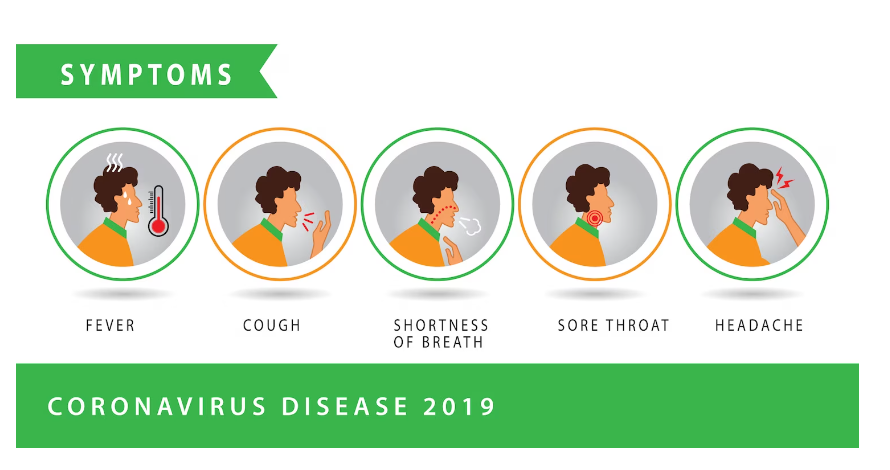
Differentiating Productive Cough from Non-productive Cough: Signs and Symptoms
Introduction: Coughing is a common reflex that helps your body clear your airways of irritants. But did you know that not all coughs are the same? Some coughs bring up mucus, while others don’t. Let’s explore the differences between productive cough and non-productive cough, and how to identify them.
Productive Cough:
A productive cough, also known as a chesty or wet cough, is characterized by coughing up mucus or phlegm. This type of cough helps remove excess mucus from your lungs and airways. Signs and symptoms of a productive cough may include:
- Coughing up thick, colored mucus
- Feeling congested or rattling in the chest
- Mucus production increases during the day
- Relief after coughing up mucus
Non-Productive Cough:
On the other hand, a non-productive cough, also known as a dry or tickly cough, does not produce any mucus or phlegm. It may feel like a scratchy or irritating sensation in your throat. Signs and symptoms of a non-productive cough may include:
- Persistent coughing without bringing up mucus
- Dry or tickly throat
- Coughing worsens at night or when lying down
- No relief after coughing
Differentiating Between the Two:
It’s essential to differentiate between productive and non-productive coughs because their underlying causes and treatments can vary. Pay attention to the following factors when trying to identify your cough:
- Look at the color and consistency of the mucus: Productive coughs usually produce thick, colored mucus, whereas non-productive coughs do not produce any mucus.
- Note any other symptoms: Productive coughs may be accompanied by symptoms like chest congestion, whereas non-productive coughs may be more isolated.
- Consider the timing and triggers: Non-productive coughs may worsen at night or be triggered by certain irritants, while productive coughs may increase during the day as mucus builds up.
Conclusion:
In conclusion, understanding the differences between productive and non-productive coughs can help you better manage your symptoms and seek appropriate treatment. If you’re unsure about the type of cough you have or if it persists for an extended period, it’s essential to consult with a healthcare professional for proper evaluation and guidance.
To seek medical advice, always consult a Doctor. Here are our recommended experts. Click here
To read more on Respiratory disease . Click Here


